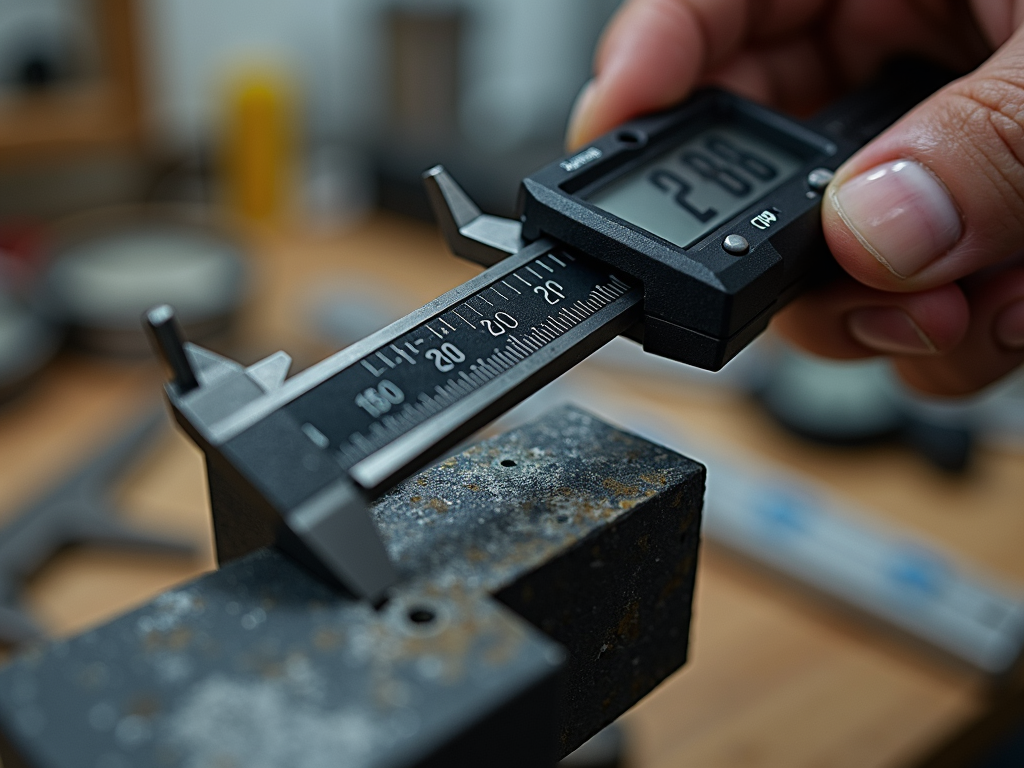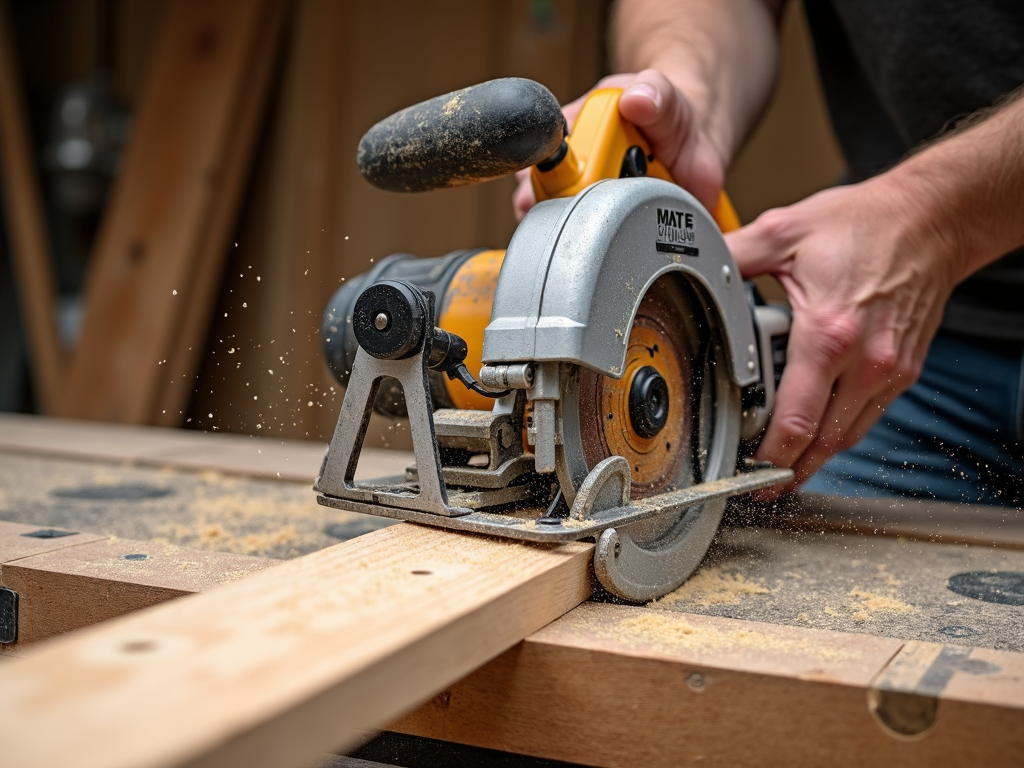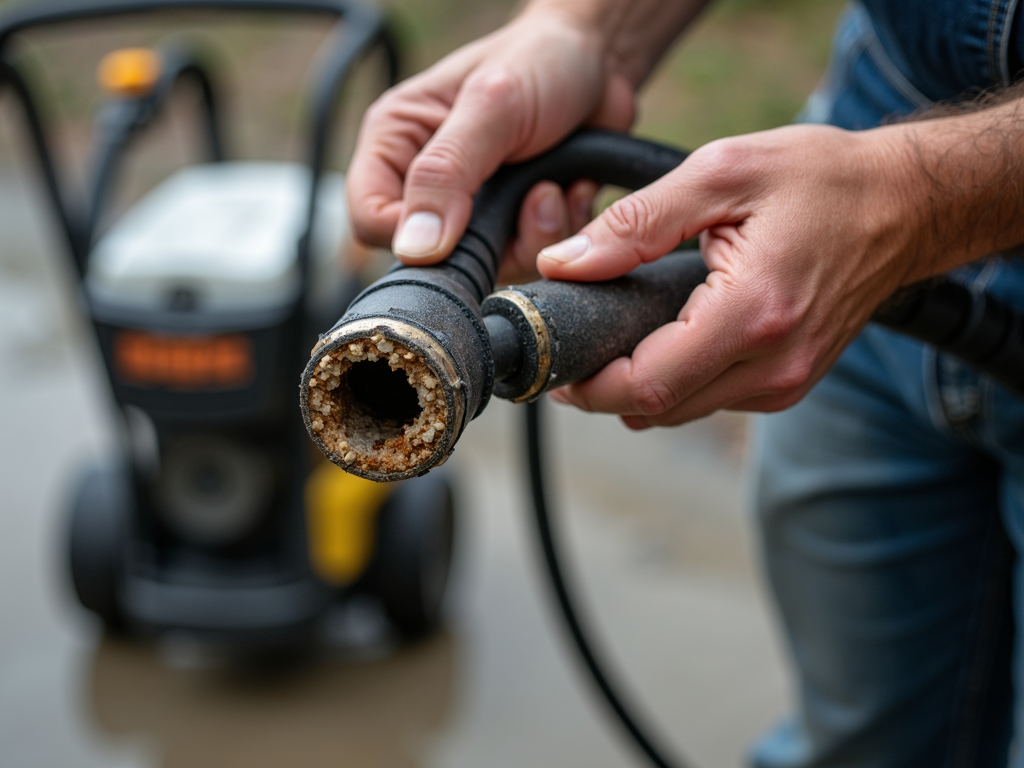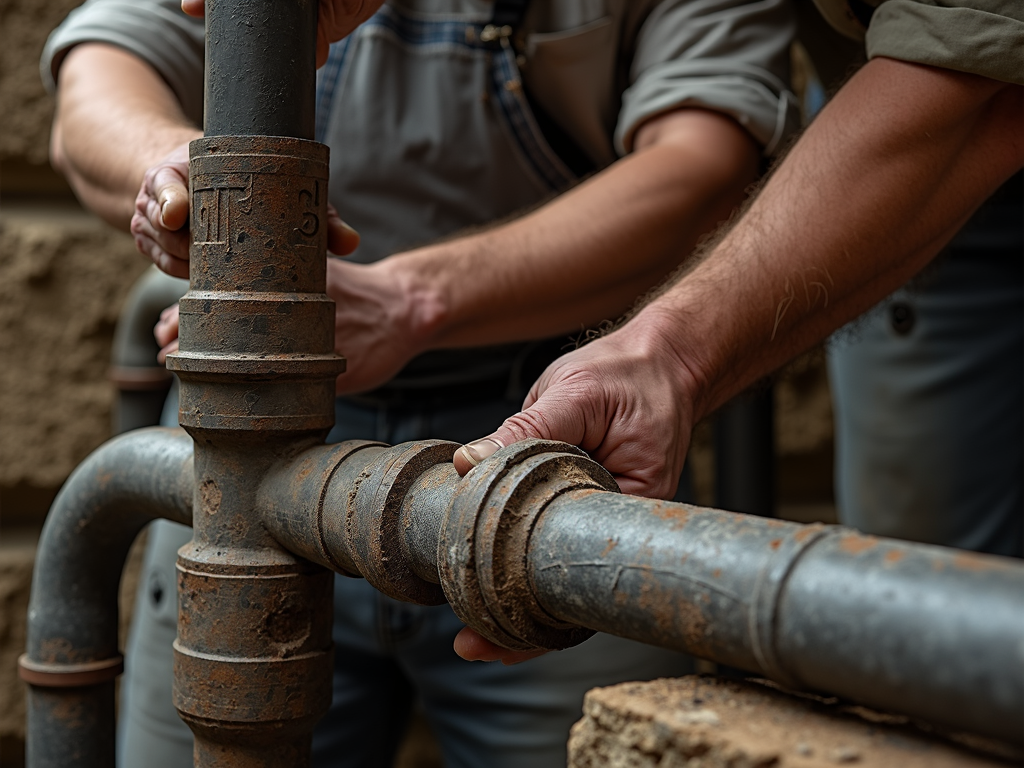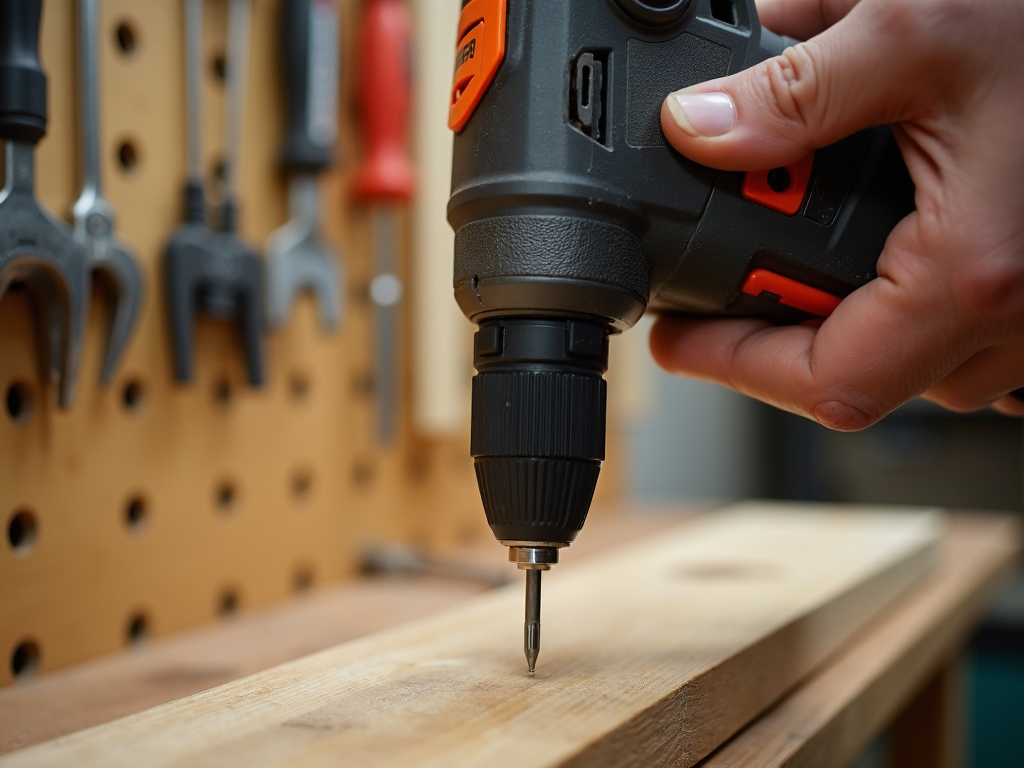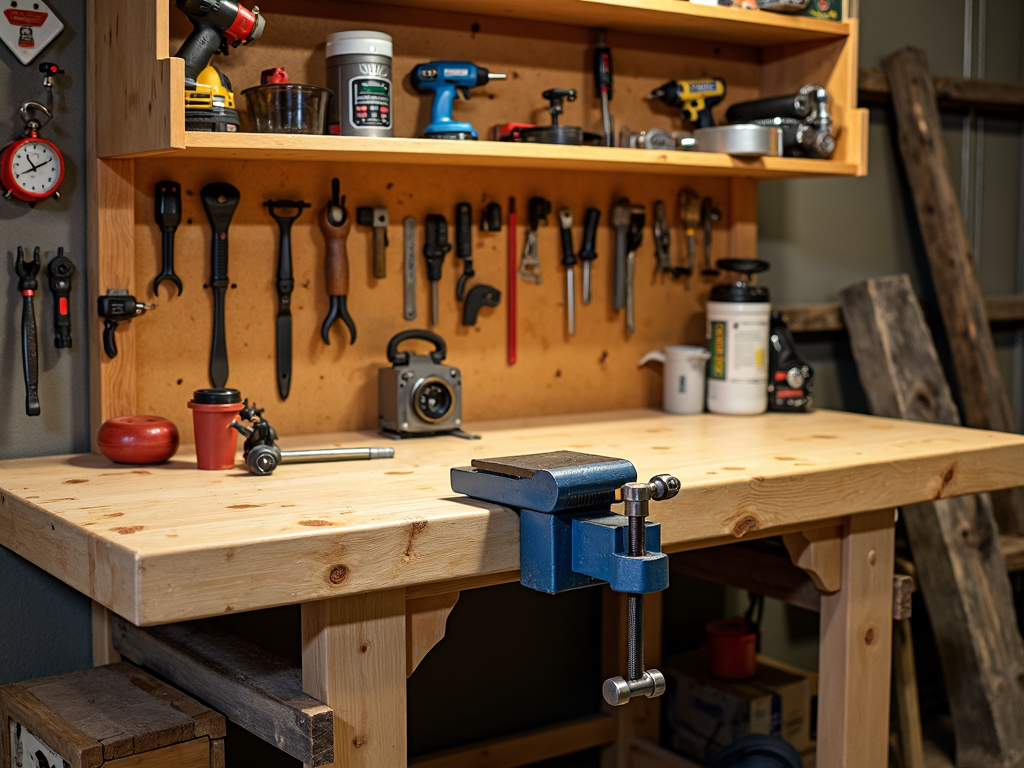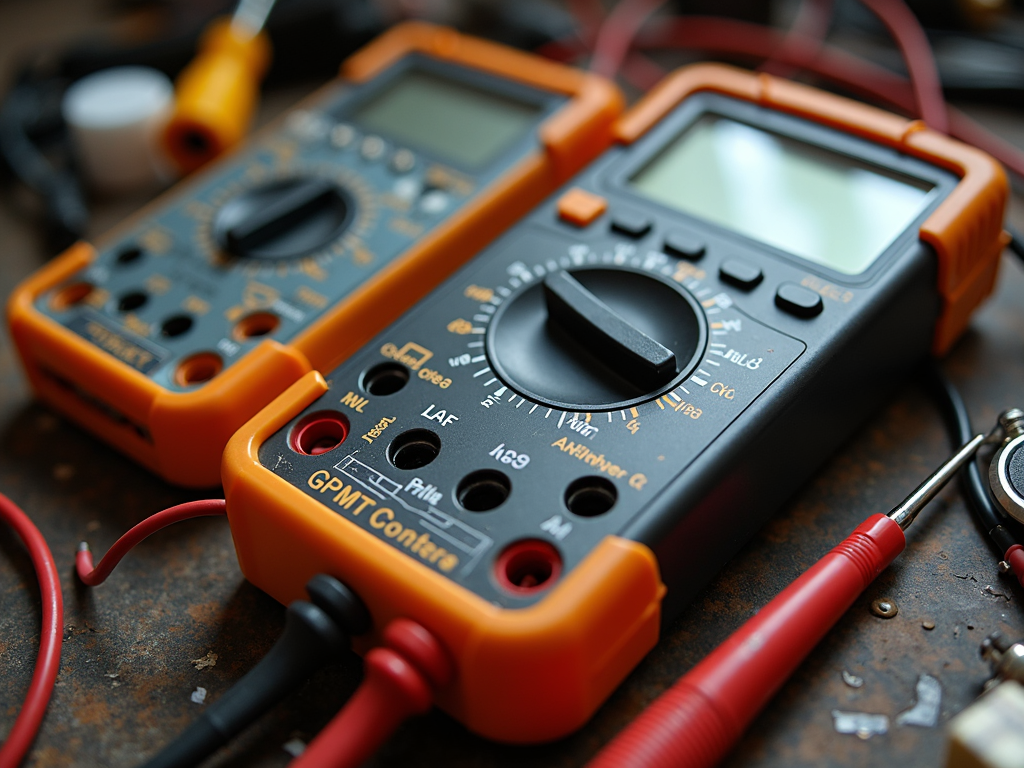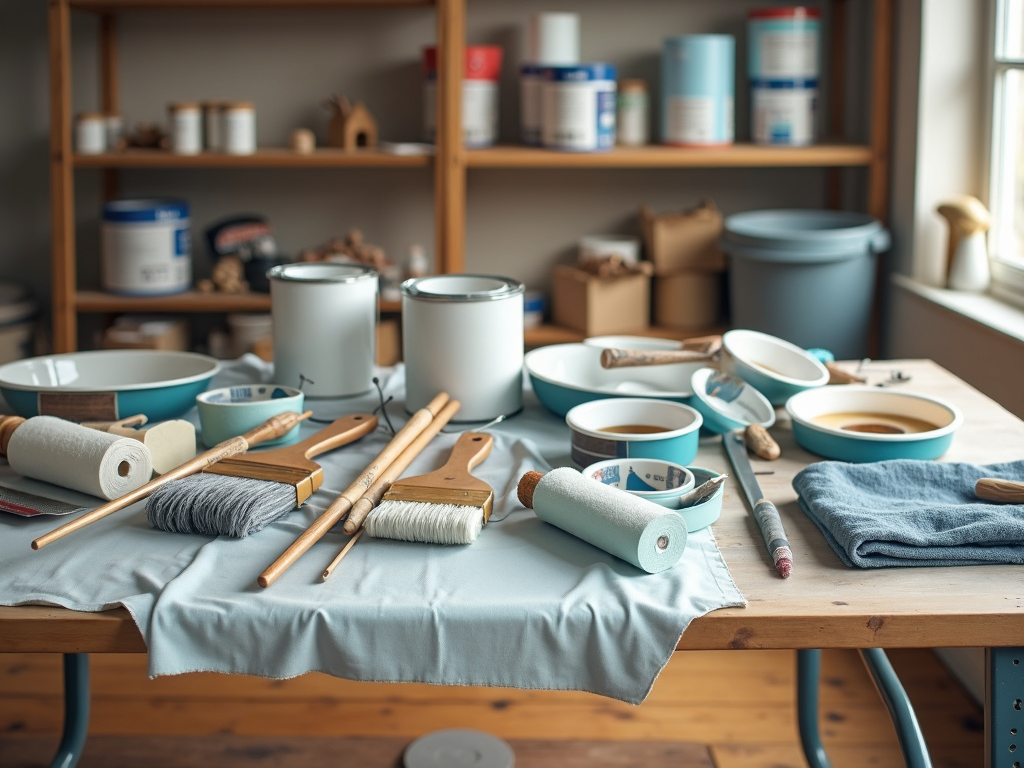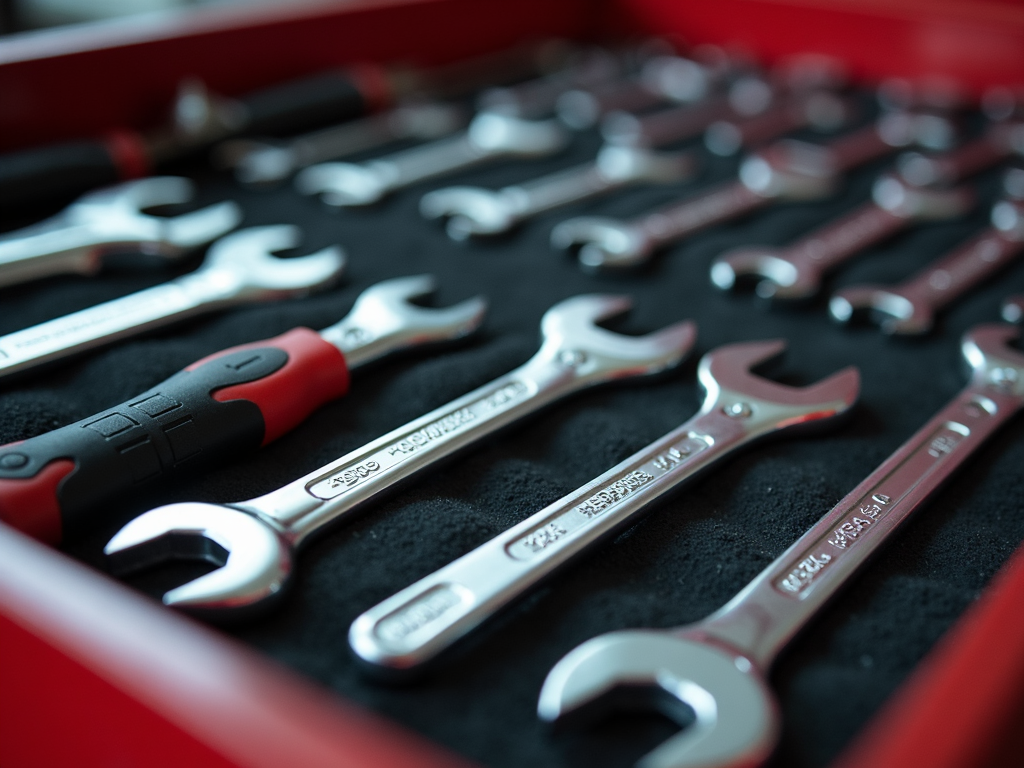Screwdrivers are essential tools for any workman, but they require proper maintenance to ensure longevity and performance. This article provides practical tips and insights on maintaining screwdrivers, helping you keep your tools in top condition.
Maintaining screwdrivers is crucial for any workman who relies on these tools for daily tasks. Over time, screwdrivers can wear out, lose their grip, or become damaged, affecting their performance and safety. By following some simple maintenance tips, you can extend the life of your screwdrivers and ensure they remain effective and reliable.
One of the first steps in screwdriver maintenance is regular cleaning. After each use, it's important to wipe down the screwdriver with a clean cloth to remove any dirt, grease, or debris. This prevents buildup that can cause the tool to become slippery or difficult to handle. For stubborn grime, a mild solvent or degreaser can be used, but be sure to dry the screwdriver thoroughly afterward to prevent rust.
Another key aspect of maintenance is inspecting the screwdriver for signs of wear or damage. Check the tip for any rounding or chipping, as this can affect its ability to grip screws properly. If the tip is damaged, it may need to be replaced or sharpened. Additionally, inspect the handle for cracks or splits, as a damaged handle can compromise the tool's safety and usability.
Proper storage is also essential for maintaining screwdrivers. Store them in a dry, cool place to prevent rust and corrosion. Avoid leaving them in damp or humid environments, as this can cause the metal to deteriorate. Using a toolbox or organizer with designated slots for each screwdriver can help keep them organized and protected from damage.
Regular lubrication can also help extend the life of screwdrivers. Applying a small amount of lubricant to the shaft and tip can reduce friction and wear, making the tool easier to use and less prone to damage. Be sure to use a lubricant that is safe for the tool's materials and avoid over-lubricating, as this can attract dirt and debris.
In addition to these general maintenance tips, there are specific considerations for different types of screwdrivers. For example, precision screwdrivers used for delicate tasks may require more frequent cleaning and inspection to ensure they remain in optimal condition. Similarly, screwdrivers with magnetic tips may need to be demagnetized periodically to prevent them from attracting unwanted metal particles.
Imagine you're working on a delicate project, like assembling a bookshelf. Last year, I faced a situation where I reached for my trusty screwdriver, only to find that the tip had rounded off after neglecting maintenance. I ended up stripping several screws, leading to additional hassle and delays. This experience reinforced the importance of proper screwdriver maintenance in avoiding frustrating setbacks.
To further enhance your understanding of screwdriver maintenance, consider exploring resources from reputable sources. The University of Michigan's Department of Mechanical Engineering offers valuable insights into tool maintenance and care. Additionally, the National Institute for Occupational Safety and Health (NIOSH) provides guidelines on tool safety and maintenance for workers.

If you encounter common screwdriver issues, troubleshooting can save the day. For example, if you find that screws won't tighten properly, it could be due to a worn tip. In this case, consider replacing the screwdriver or using a tip repair kit to restore its effectiveness. Similarly, for loose handles, check to see if the screws are tightened and retighten them as necessary.
It’s also beneficial to keep track of how frequently you use your screwdrivers. For instance, a screwdriver that gets daily use may require more frequent maintenance checks than one that is only used occasionally. Tailoring your maintenance routine to fit your tool usage will help keep your screwdrivers in the best shape possible.
As you maintain your screwdrivers, keep a maintenance checklist handy. You can create a simple list that includes the tasks of cleaning, inspecting, lubricating, and storing your tools properly. Having a routine will help you remember the essential tasks required to keep screwdrivers functional and safe to use.
Proper maintenance of screwdrivers is essential for ensuring their longevity and performance. By following simple tips such as regular cleaning, inspection, proper storage, and lubrication, you can keep your screwdrivers in top condition. Remember to consider the specific needs of different types of screwdrivers and explore additional resources for more in-depth knowledge.
By utilizing these screwdriver maintenance tips, you safeguard your investment in workman tools and maintain safety in your projects. Keeping your screwdriver tips sharp, handles secure, and tools clean will ultimately lead to greater efficiency and satisfaction in your work.
Related screwdriver maintenance tips:
- Calibrating Your Measuring Tools: The Ultimate Guide to Workshop Equipment Maintenance
- DIY Garage Organization Ideas for Small Spaces
- Essential Woodworking Tools for DIY Enthusiasts
- Essential Power Washer Maintenance Tips for Longevity
- The Evolution of Plumbing Tools and Techniques
- Safety Tips for Using Wrenches Effectively
- Corded vs. Cordless Drills: Which Is Right for You?
- Top Features to Look for in a Workbench: A Comprehensive Guide
- How to Pick the Right Multimeter for You
- Painting Like a Pro: Essential Tools and How to Care for Them
- The Ultimate Guide to Choosing the Right Wrench for Every Job
- Comprehensive Guide to Tool Maintenance and Care Tips
